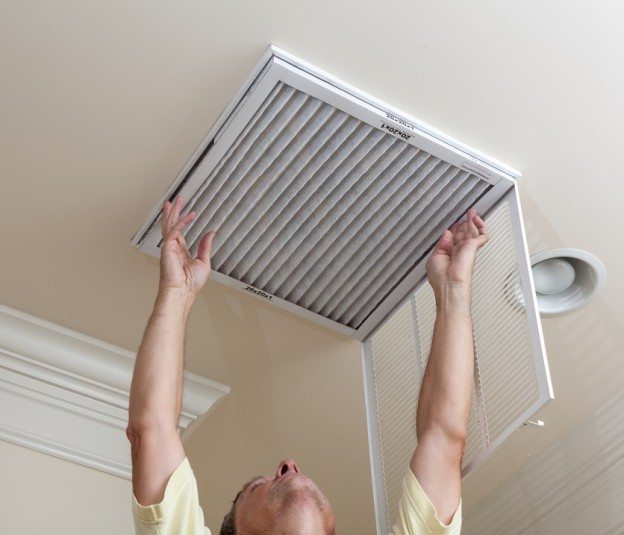Having a set schedule for hard-to-remember tasks can make a world of difference. If you know you are going to do a load of laundry every Thursday, it is harder to forget, it becomes a habit, and you have clean clothes to wear. So why not do the same thing when it comes to your HVAC filter?
Changing your HVAC filter is an important task that is easily forgotten by many homeowners. It is usually out of sight so it is easy to forget about. Not to mention all of the other tasks and to-do’s that are on your mind! Set your HVAC filter changing to an annual cleaning schedule will keep your HVAC system running smoothly, the air in your home will improve, and you can avoid unnecessary repairs or expenses by staying on top of these important tasks.
What should your annual cleaning schedule look like? Well, a lot of that will depend on you, your lifestyle, and your current schedule. But if you don’t really have a schedule yet we are here to help! Below you can find a basic and annual HVAC maintenance schedule, that will help prevent the need for repairs. It also includes a designated time to change your HVAC filter. This schedule includes an HVAC filter change each quarter, but check with your manual as some systems require a filter change once a month.
Spring
- Change your HVAC filter
- Have you HVAC system inspected by a professional
- Whether or not your HVAC system is having any problems and no matter how old it is, you should have it inspected, serviced, and cleaned once a year by trained professionals like those at Complete Heating and Air. Spring is a great time to do this inspection; it has been working for you throughout the winter to keep your home warm, and will continue to work for you keeping your home cool.
- Check the condensate drain
- Making sure the drain is working will keep your humidity levels in check and prevent water damage.
Summer
- Change your HVAC filter
- Clean evaporator and condenser air conditioning coils
- This is important to do before the summer months because dirty coils mean your system will have a hard time keeping you cool during the summer heat!
Fall
- Change your HVAC filter
- Lubricate all moving parts
- Check that all motors and moving parts have enough lubrication as you gear up for winter. The more friction the more electricity you will use, so it’s important to diminish any unnecessary amount of friction!
- Tighten all electrical connections
- Improper electrical connections could put you at risk for an accident and shorten the life of your HVAC system as well. Before the cold sets in, make sure everything is connected securely and properly.
Winter
- Change your HVAC filter
- Check your thermostat settings
- Make sure you are warm enough during the evenings you’re at home, but when you’re away you can lower the temperature a few degrees to save some energy and money on your utility bill.



